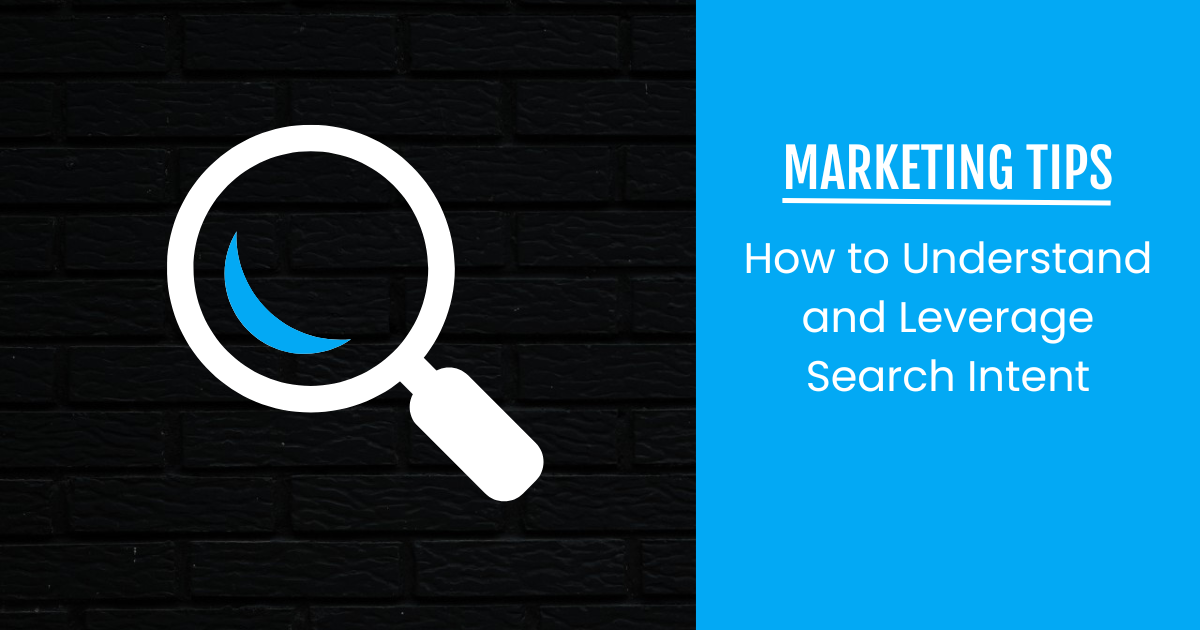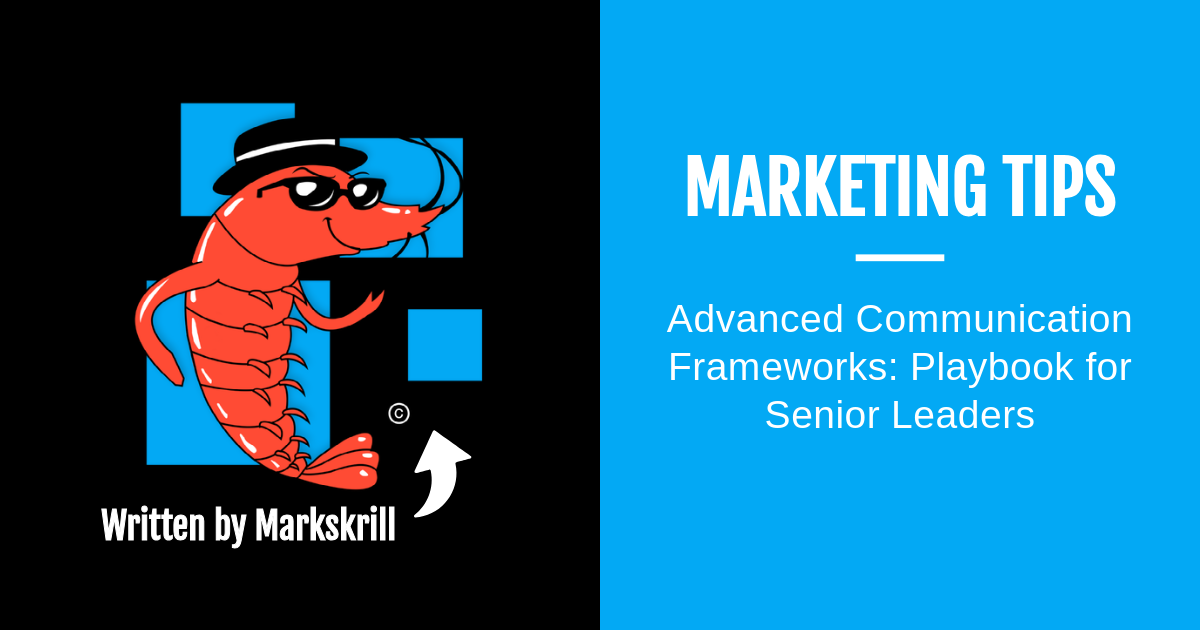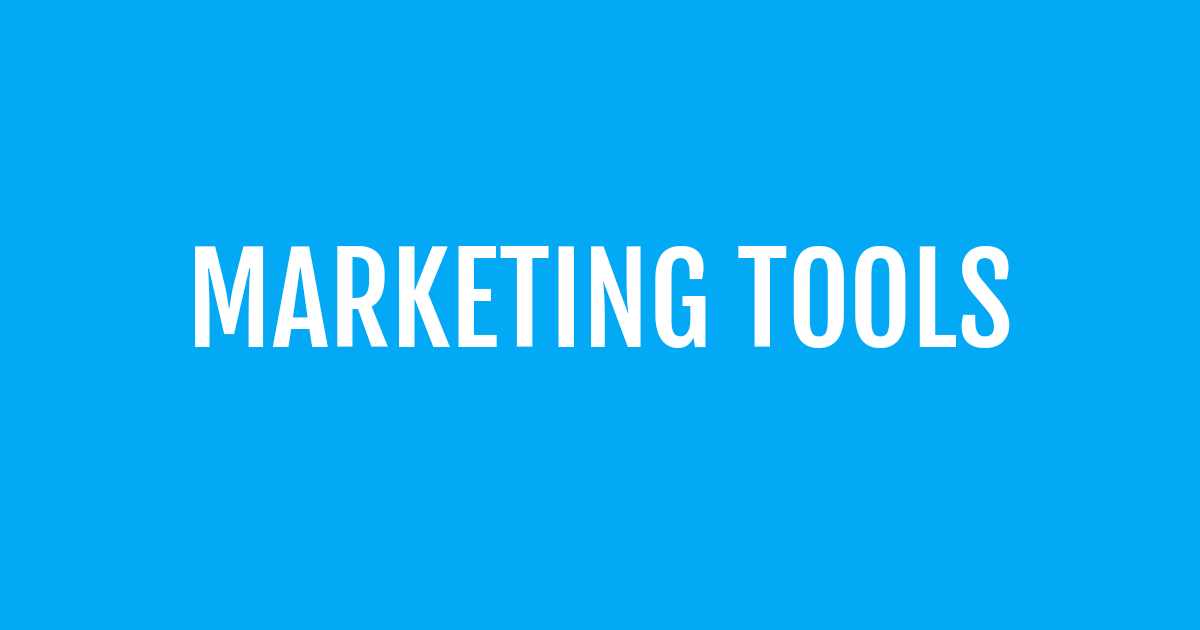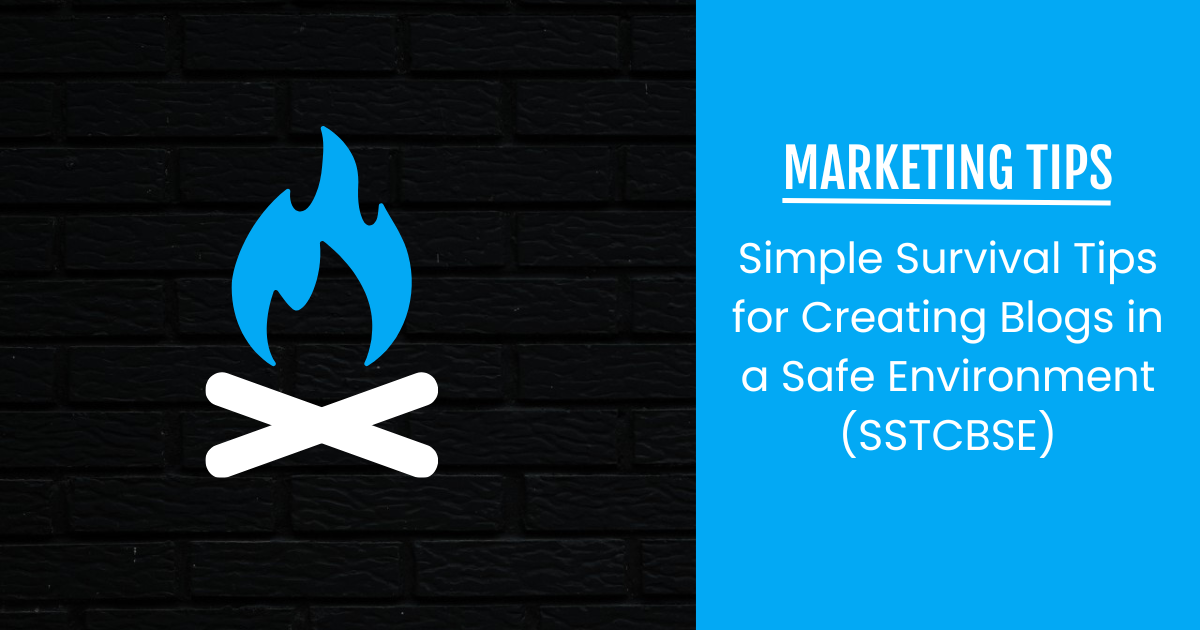Marketing Tips
We're all about providing value, but we won't shy away from subtly promoting our products every once in a while!

About the Author: Markskrill
How to understand and leverage search intent
G'day, mates!
Markskrill here, your friendly Aussie krill with a knack for all things digital marketing. Today, we're gonna dive deep into the fascinating world of search intent.
What is search intent?
Search intent, also known as user intent or keyword intent, is the purpose behind a user's search query. Essentially, it's the "why" behind the "what" they type into that search bar. Are they looking for information? Are they trying to buy something? Or are they trying to find a specific website?
Understanding search intent is crucial for your digital marketing strategy. Why? Because when you know what your audience is looking for, you can create content that better satisfies their needs. This leads to higher rankings, more traffic, and ultimately, more conversions.search intent. Look at the search volume, competition, and the types of content that are already ranking for those keywords.
Types of search intent
Informational intent
This is when the user is looking for information on a particular topic. They might be asking questions like "what is content marketing?" or "how to bake a cake."
Navigational intent
Here, the user is looking for a specific website or webpage. For example, they might search for "Facebook login" or "Marksy blog."
Transactional intent
This is when the user is looking to buy something. Their searches might include "buy iPhone 15" or "best deals on flights to Bali."
Commercial investigation intent
In this case, the user is researching a product or service before making a purchase. They might search for "iPhone 15 reviews" or "best CRM software for small business."
How to utilize search intent
Now that you know the different types of search intent, let's talk about how to use them to your advantage.
Keyword research
Start by conducting thorough keyword research. Use tools like Google Keyword Planner or SEMrush to identify relevant keywords and their search intent. Look at the search volume, competition, and the types of content that are already ranking for those keywords.
Content optimization
Once you know the intent behind your target keywords, optimize your content accordingly. For example, if you're targeting informational keywords, create informative blog posts, articles, or videos. If you're targeting transactional keywords, create product pages with clear calls to action.
Page structure and formatting
Use headings, subheadings, bullet points, and images to make your content easy to read and scan. This is especially important for informational content, as users often skim through these pages to find the information they need.
Title tags and meta descriptions
Your title tags and meta descriptions should accurately reflect the content of your page and the intent behind the keywords you're targeting. This will help search engines understand what your page is about and improve your click-through rate.
Link building
Build high-quality backlinks to your website from relevant and authoritative sources. This will help improve your website's overall authority and ranking in search results.
Conclusion
Search intent is a powerful tool that can help you create more effective digital marketing campaigns. By understanding the "why" behind your audience's searches, you can create content that truly resonates with them and drives results.
So, there you have it, mates! A quick rundown on search intent and how to use it. Now go forth and conquer those search rankings!
Join our exclusive marketing newsletter
Psst! Hey, you! Yeah, you! Wanna be part of something bigger than yourself? Something… exclusive? Sign up for our Business Hub. You'll get a free CRM and become a member of our super-secret email cult (don't worry, we only meet on Tuesdays… or is it Wednesdays? I can't remember, I'm just a krill).



Claim your free marketing tools!
Explore and experiment with all the built-in digital marketing features
Disclaimer
Please note that the information on this page is for general knowledge and entertainment purposes only. It does not create any legal obligations or agreements. All content, including articles, images, designs, and our unique logo and mascot, is protected by Australian copyright laws. The original authors and creators retain all intellectual property rights.
Contact Us
Please don't contact us. Unless you have a technical problem or want to purchase something. You can send us an email at projects@marksy.com.au.
Footer Menu
If you've reached this point you're definitely looking for something. We've got Marketing Tips, Marketing Services and Marketing Tools. That's all.
Our Location
People always ask where we are located. Why? Do you want to touch us? Let's get to know each other first, book a video meeting, free of charge!





